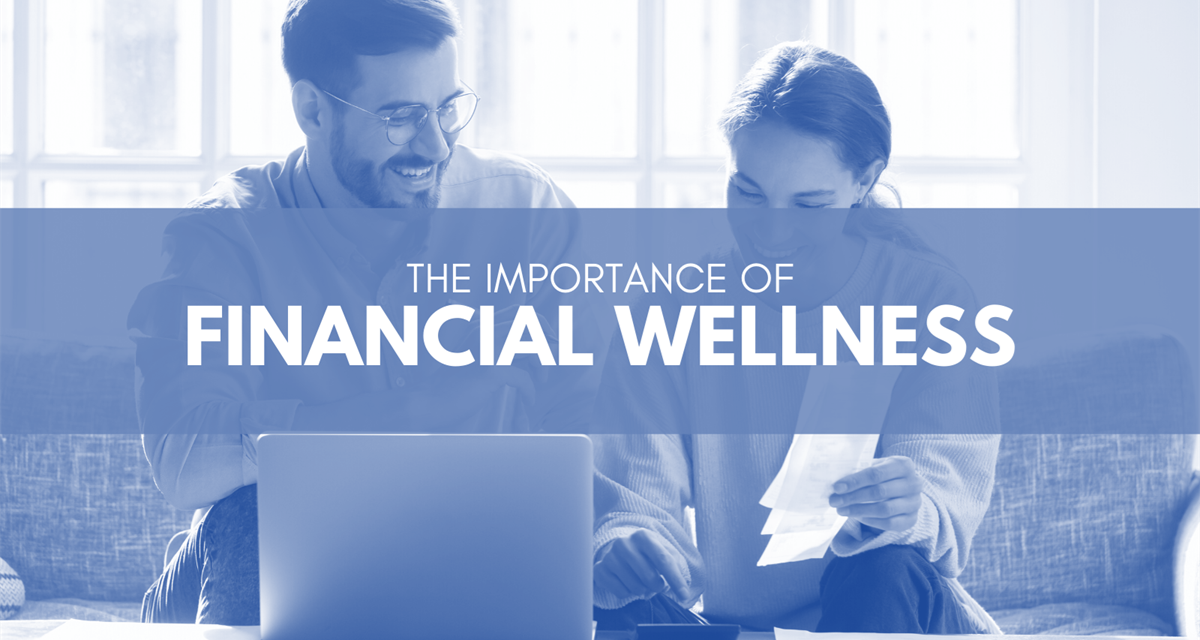
Credit Check Your Lifestyle: Why Financial Wellness is Key
People often tell you that money doesn’t buy happiness. While your whole life shouldn’t revolve around money, the truth is that your finances do have a significant link to your mental and physical well-being. Aside from the fact that financial resources allow you to access good healthcare and self-care solutions, your financial wellness is actually tied to how much stress you may be experiencing.
In fact, 42 percent of adults in the United States state that money is their main source of psychological distress. When you find healthy ways to take care of your finances, you do yourself a favor in more ways than one. Thankfully, there are things you can do to improve your lifestyle.
Creating this habit also helps you establish a healthier lifestyle that can translate to how your finances are handled. Eventually, you can create a more efficient schedule that gives you time to attend to your financial responsibilities while still having that essential space for yourself.

Lowering Debt Can Ease the Pressure
It isn’t just money itself that is the problem, but the lack of resources compared to debts and responsibilities. In fact, nine out of 10 borrowers suffer from major anxiety because of their loans.
It may feel overwhelming when you face various debts or high amounts of payables, but the best step is to tackle them slowly and logically. The simplest thing you can start with is to re-evaluate your monthly and daily expenses. It can be surprising how many unnecessary expenses take up your budget and can actually be removed without impacting your lifestyle.
Another method to consider is paying more than the minimum on your smallest debt. This way, you are cutting down on your amount of payables a little faster. Even if you can’t add too much to the minimum payment, it can effectively improve the state of your debts and ease your burden.
Setting Goals Becomes More Sustainable
A good proactive solution is to set goals for saving and investing. When you give yourself objectives, it’s easier to monitor your finances and make sure you’re staying on track. Although there is a natural adjustment period, it becomes more sustainable as you start checking off your goals and feeling the satisfaction of achieving them. The long-term benefits outweigh the instant gratification of quick purchases or temporary fixes.
There are plenty of tools you have in your arsenal throughout your financial wellness journey, but one to keep in mind is the credit check. Plenty of financial assistance and opportunities will involve this, so it’s a good idea to be savvy about the difference between a hard and soft credit check.
You can get a soft inquiry yourself to get a good picture of your finances and use that as a base point for your goal-setting. Unlike hard inquiries, these won’t affect your credit score. If you have investment goals, make sure you don’t go for too many applications at the same time as they will end up using hard inquiries that will put a dent in your credit score.
You Can Have More Time to Decompress
The mind and body need time to simply decompress. When you’re worrying about money all the time, there’s no space to just relax and let yourself recuperate.
Aside from improving your financial habits, it’s also important to make room to de-stress in a way that doesn’t have to be costly. Spend time in nature and allow yourself this space to overcome your challenges and find peace. Just a few hours a week is enough to make you feel noticeably better over time. Because it’s not a costly activity, you also don’t add to any financial better.
Creating this habit also helps you establish a healthier lifestyle that can translate to how your finances are handled. Eventually, you can create a more efficient schedule that gives you time to attend to your financial responsibilities while still having that essential space for yourself.
The Differences Between a Hard & Soft Credit Check [2022] (upgradedpoints.com)












